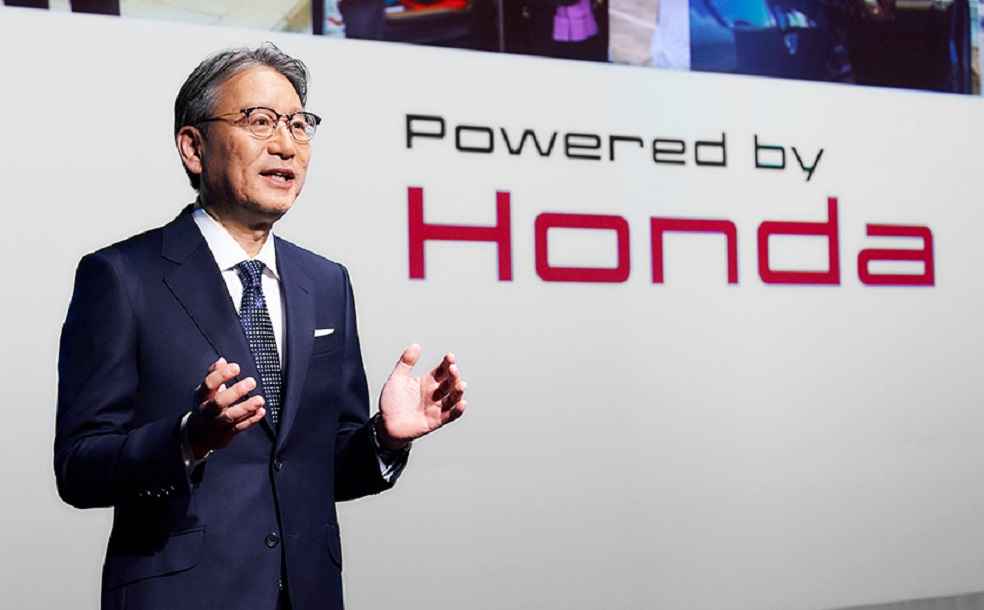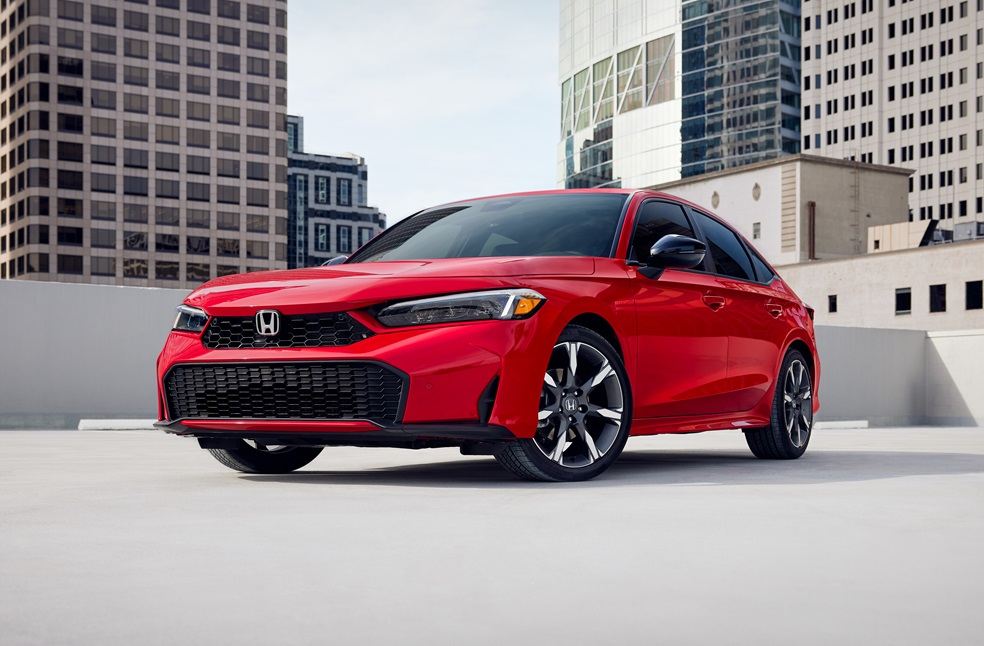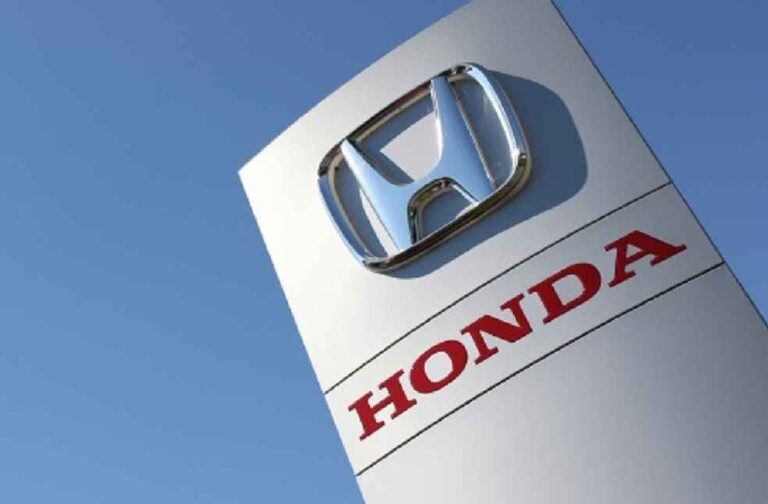Honda Motor Company plans to launch 13 new hybrid electric vehicles (HEVs) by 2030 as it responds to a slowdown in electric vehicle (EV) sales and changing market dynamics.
Starting in 2027, the Japanese automaker will roll out next-generation HEVs globally over a four-year period to strengthen its presence in the hybrid segment. The move comes as Honda reassesses its electric vehicle ambitions amid weaker-than-expected global demand and shifting environmental regulations.
“While refining the competitiveness of its products, Honda will build a broad lineup of HEV models to meet rising market demand,” said Toshihiro Mibe, Honda’s Global CEO, during a recent press briefing.

Previously, Honda projected that EVs would account for 30% of its global vehicle sales by 2030. However, the company now anticipates falling short of that target due to slower market expansion. In contrast, HEVs are gaining traction, prompting Honda to position them as a key technology during the transition to full electrification.
Under the revised plan, Honda aims to boost its total passenger vehicle (PV) sales volume to over 3.6 million units by 2030, with HEVs contributing approximately 2.2 million units.
Mibe highlighted that ongoing regulatory changes and evolving trade policies have contributed to market uncertainty. “To remain competitive, Honda must create new value through both electrification and intelligent technologies, delivering them in more accessible and affordable ways,” he stated.

As part of this vision, Honda is advancing its original next-generation Advanced Driver Assistance System (ADAS), designed to support acceleration and steering throughout a vehicle’s journey. The system will debut in EV and HEV models in North America and Japan around 2027. In China, Honda is collaborating with autonomous driving firm Momenta Global to tailor ADAS technology for local conditions.
To enhance cost competitiveness, Honda is working to significantly reduce the cost of its next-generation hybrid systems. By partnering with suppliers and improving production efficiency, it targets a cost reduction of over 50% compared to its 2018 hybrid systems and over 30% compared to those introduced in 2023.
NEW LAUNCH | ChangAn Opens Thailand NEV Plant, Expands Global Smart Auto Strategy





